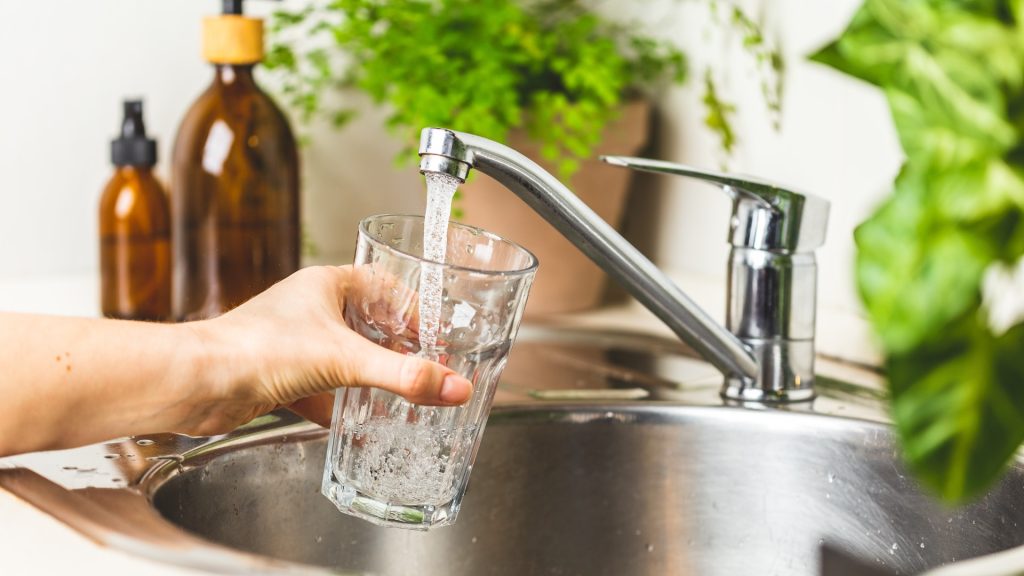It’s important to stay hydrated.
Others are reading now
Staying properly hydrated is vital at every stage of life. Water supports digestion, regulates body temperature, and helps maintain energy levels. Individual needs vary, but these general guidelines can help you understand how much water you should aim for as you age.
Ages 5-10

Also read
Children in this range are growing rapidly and are often very active. Aim for about 5–7 cups (1.2–1.6 liters) of water a day. Encourage kids to drink water regularly, especially if they’re playing sports or spending time outdoors.
Ages 11-15

Pre-teens and early teens can require 6–8 cups (1.4–1.9 liters) of water daily. Increased school and social activities may lead to sugary beverage consumption, so remind them that water is the best choice to stay hydrated.
Ages 16-20

Teens and young adults often have higher activity levels. Aim for 7–9 cups (1.6–2.1 liters) of water each day. Sports, workouts, and growth spurts can all increase hydration needs, so adjust intake based on activity.
Ages 21-30

Young adults should generally consume 8–10 cups (about 2–2.4 liters) of water daily. Busy lifestyles and frequent social events can lead to dehydration if water intake is overlooked—keep a refillable water bottle handy.
Ages 31-40

In this stage, work and family responsibilities can be demanding. Aim for 8–10 cups (2–2.4 liters) of water. If you drink coffee or tea, try to balance it with extra water since caffeine can have a mild diuretic effect.
Ages 41-50
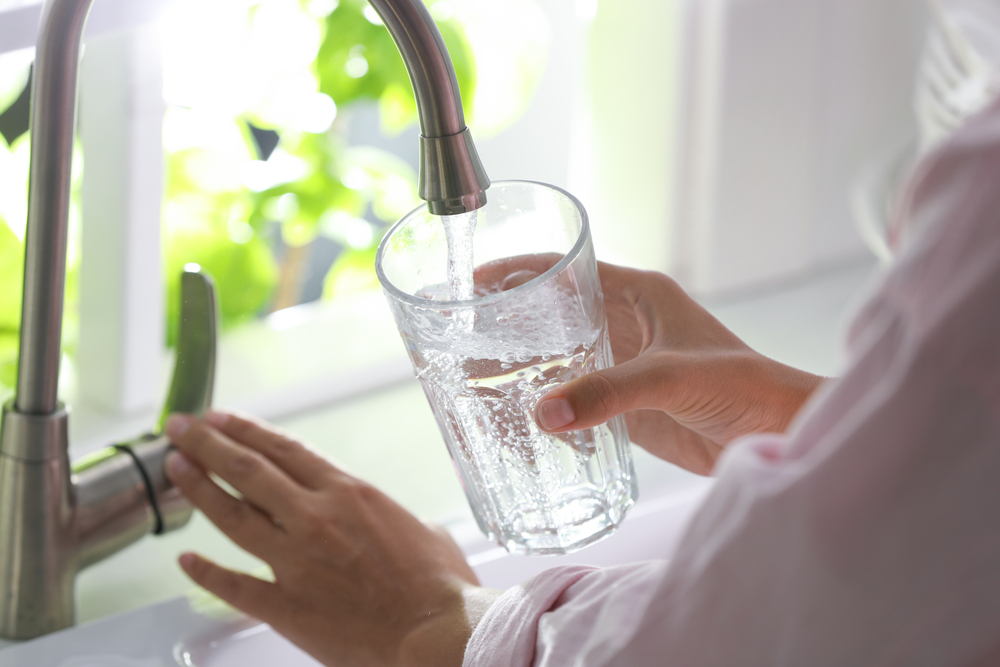
Maintaining energy and supporting metabolism are key. Aim for 8–10 cups (2–2.4 liters) a day. Stress and hormonal changes may influence fluid retention, so staying well-hydrated can help regulate body functions.
Ages 51-60
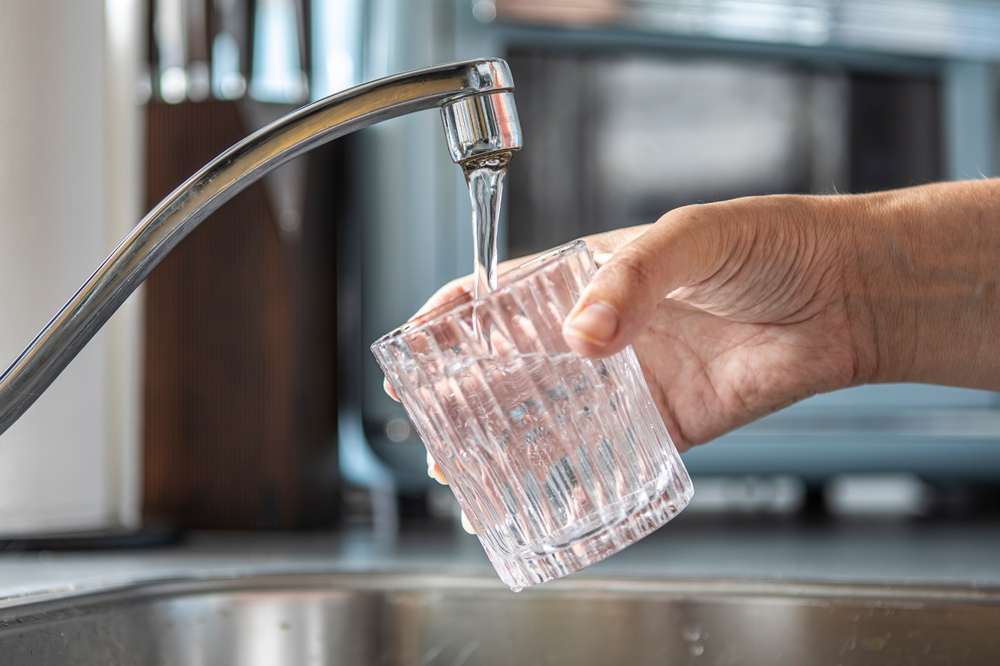
As you move into midlife, thirst cues may become less obvious. Focus on 8–10 cups (2–2.4 liters) daily, and consider including fruit-infused water or herbal teas if you find plain water boring.
Ages 61-70
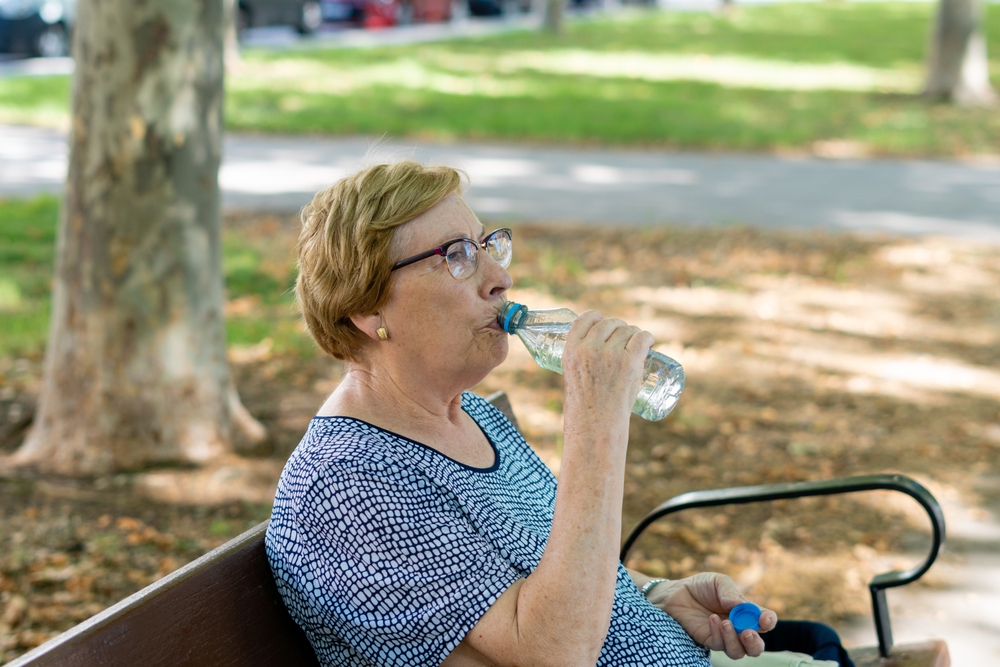
Older adults can be more prone to dehydration due to decreased thirst signals. Aim for 7–9 cups (1.7–2.1 liters). Proper hydration supports circulation, joint health, and cognitive function.
Ages 71-80
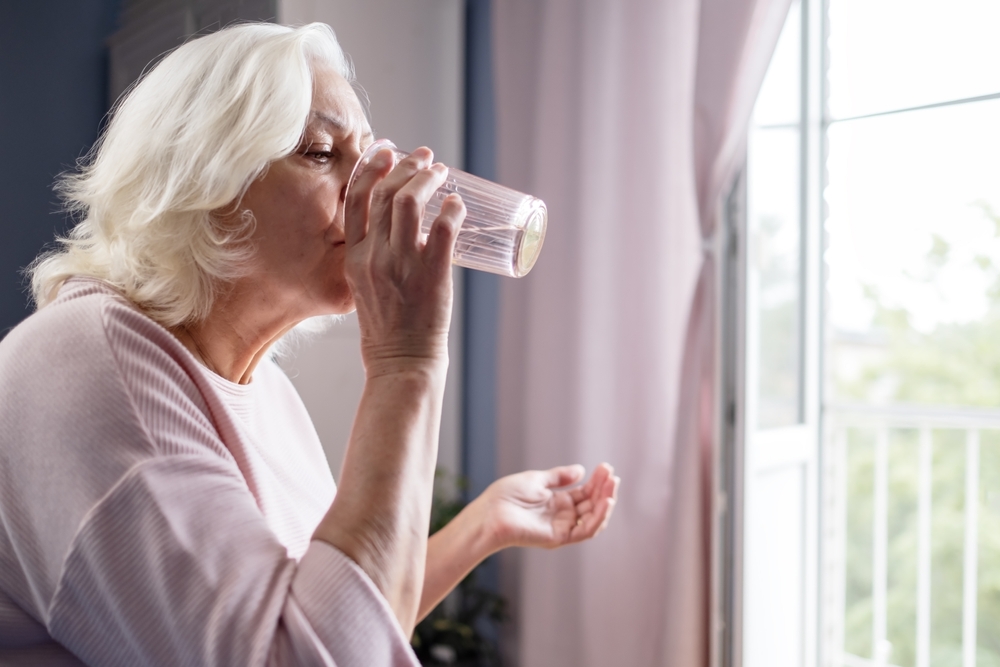
Keep fluid intake around 7–9 cups (1.7–2.1 liters), but check with your healthcare provider if you have specific conditions like kidney issues or heart problems. Staying hydrated can help reduce the risk of urinary tract infections.
Ages 81-85
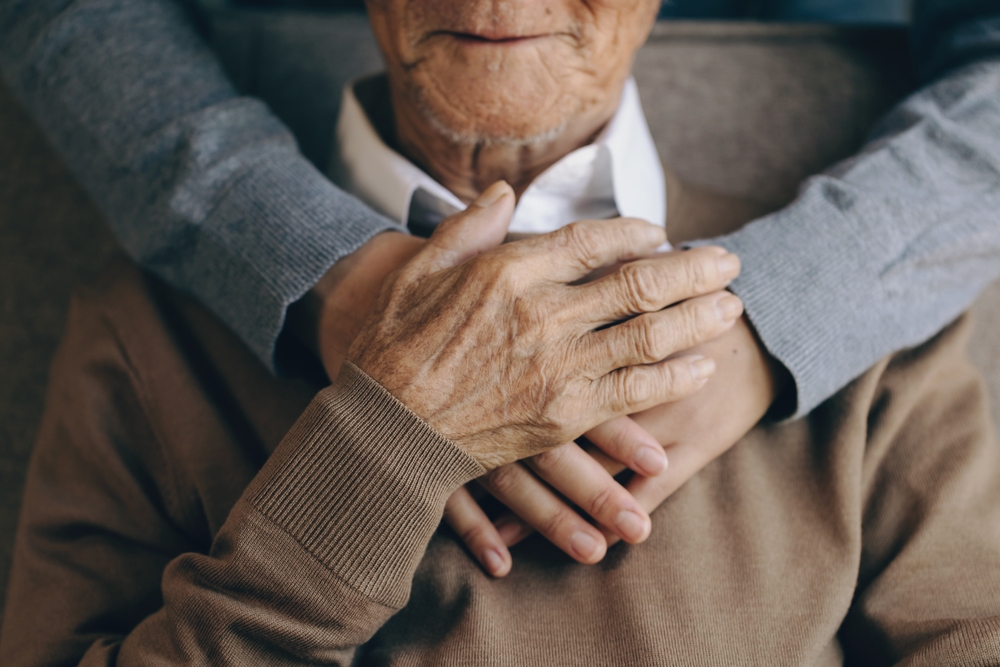
Continue with around 7–9 cups (1.7–2.1 liters) a day, unless advised otherwise. Monitor for signs of dehydration such as dry mouth, dark urine, or dizziness, as older adults might not feel thirsty even when fluids are needed.
Ages 86-90
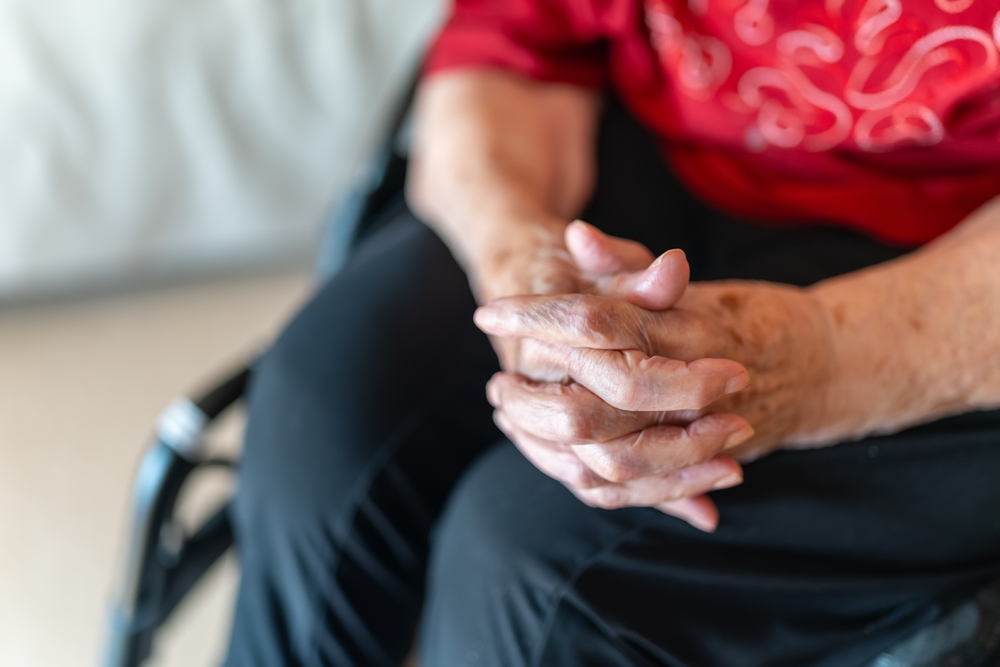
At this point, the body may need careful monitoring to prevent dehydration. Aim for 6–8 cups (about 1.4–1.9 liters) of water. If mobility or memory is a concern, set reminders or keep water within easy reach.
Ages 91-95
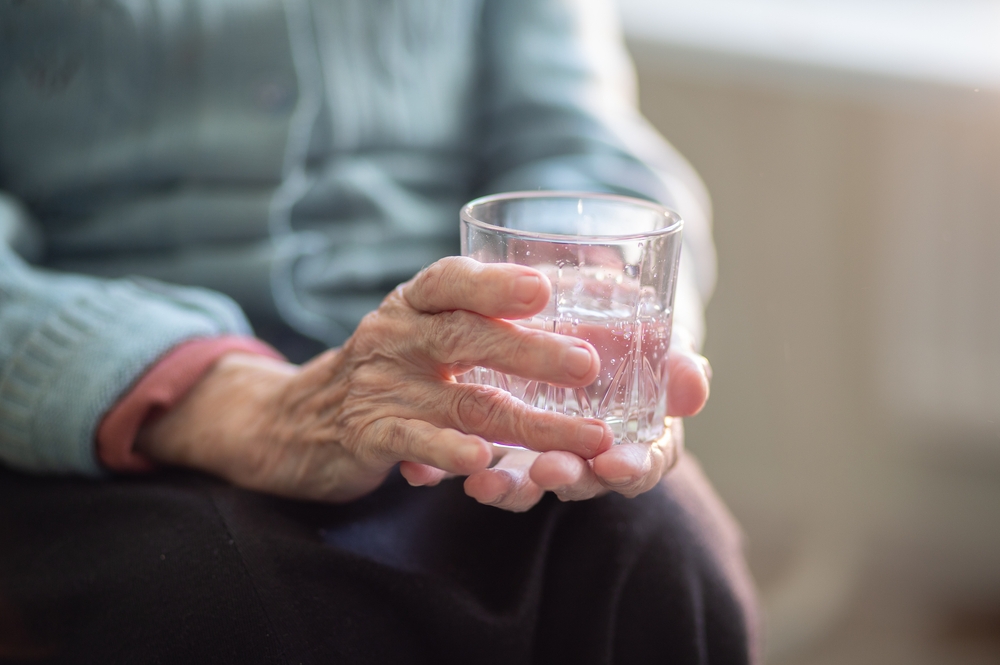
Hydration remains crucial for maintaining blood pressure, kidney function, and overall health. Around 6–8 cups (1.4–1.9 liters) a day is typically suggested, but consult a healthcare professional for personalized advice.
Important information
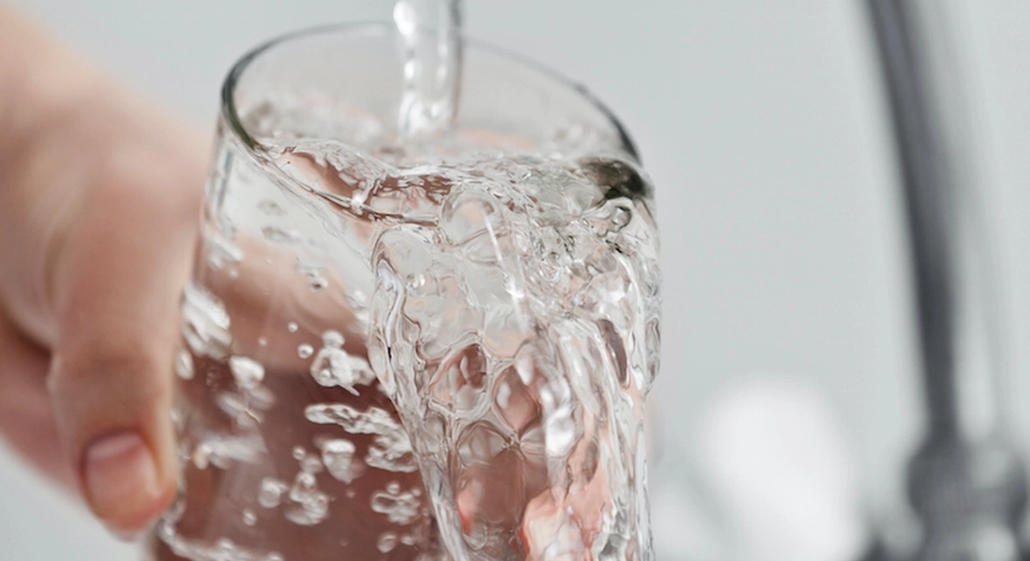
Water intake varies by age, activity, climate, and individual health conditions. These guidelines provide a general framework, but always listen to your body’s signals and consult a healthcare provider if you have any concerns—especially for children, seniors, or those with specific medical conditions. Proper hydration is a cornerstone of well-being, so drink up and stay healthy!

